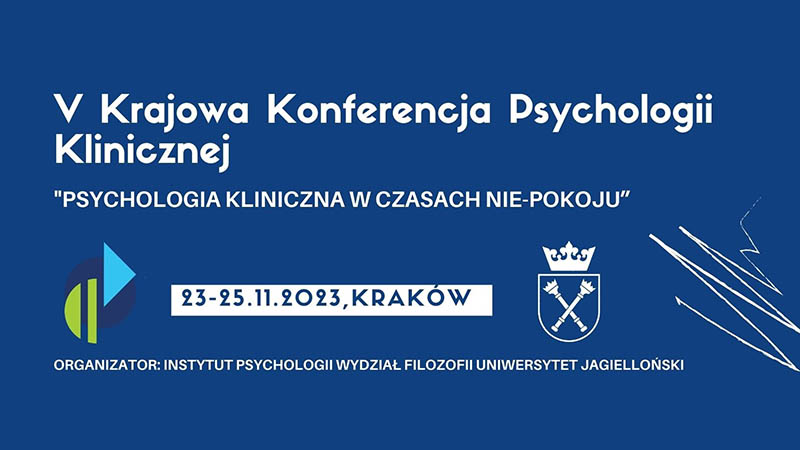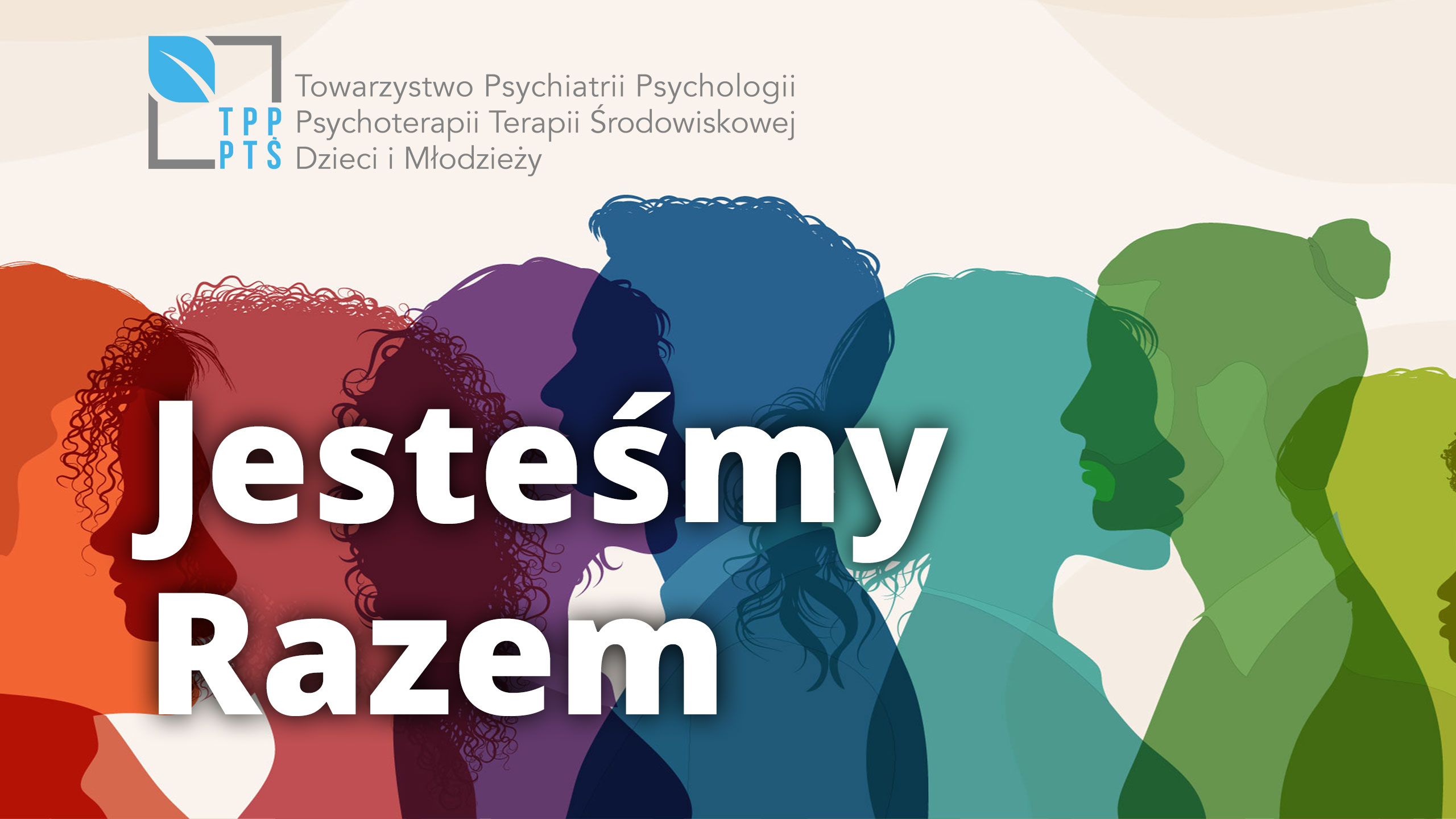A case report and a psychometric assessment of therapeutic efficacy in reducing social cognition and neurocognition deficits in a patient with acute bulimia nervosa
Barbara Kostecka1, Magdalena Wayda-Zalewska2, Katarzyna Kucharska2
 Affiliacja i adres do korespondencji
Affiliacja i adres do korespondencjiAim: The aim of this paper was to present the effects of complex therapeutic interventions aimed to reduce the clinical manifestations and rehabilitation of social cognition and neurocognition deficits in a patient with acute bulimia nervosa, hospitalised in a 24-hour therapeutic department. Methods: The following tools were used to measure the severity of clinical manifestations: Rosenberg Self-Esteem Scale (SES), Eating Attitudes Test (EAT-26), Beck Depression Inventory (BDI), Toronto Alexithymia Scale (TAS-20), State-Trait Anxiety Inventory (STAI) and Snaith–Hamilton Pleasure Scale (SHAPS). Cognitive functions were measured using the Trail Making Test (TMT), the Stroop Test and the Rey–Osterrieth Complex Figure Test (ROCF). The Faux Pas Test and selected tests from the Penn Computerized Neurocognitive Battery (CNB) were used to assess social cognitive functions. Results: The obtained results and observations, which were based on patient’s functioning during her stay in the department, indicate that the implemented therapeutic interventions contributed to a partial reduction in the severity of clinical symptoms. Although the cognitive functioning of the patient before hospital stay and after discharge remained at a similar level, a significant improvement was observed in social cognition.















